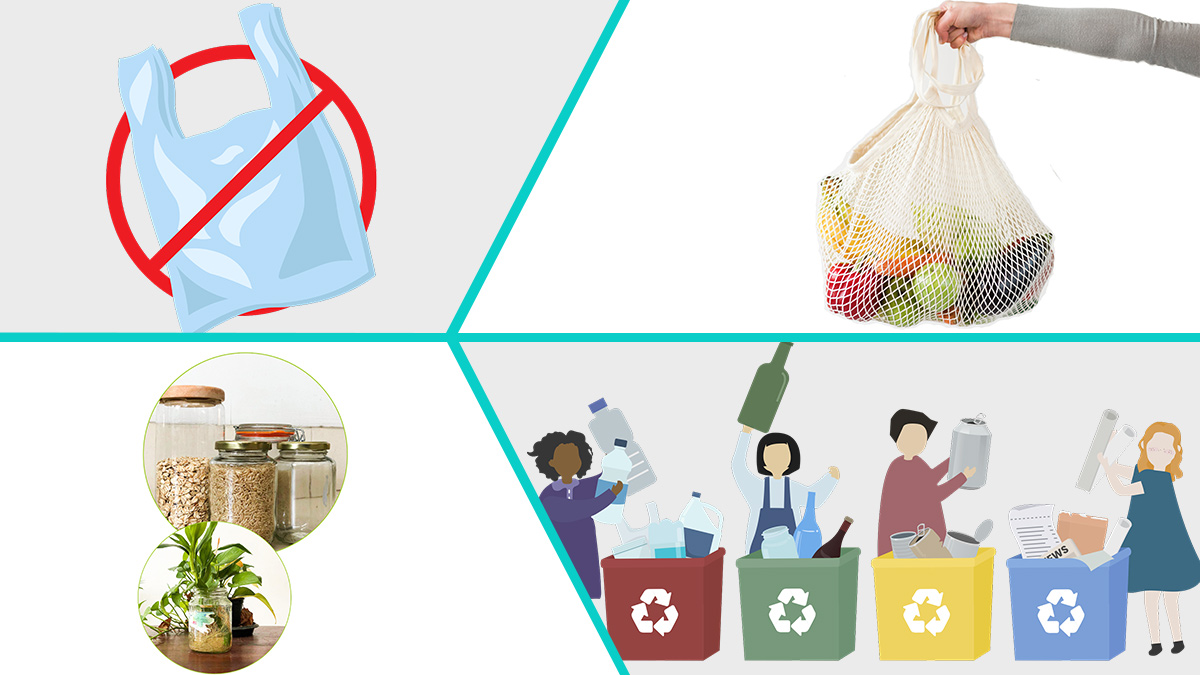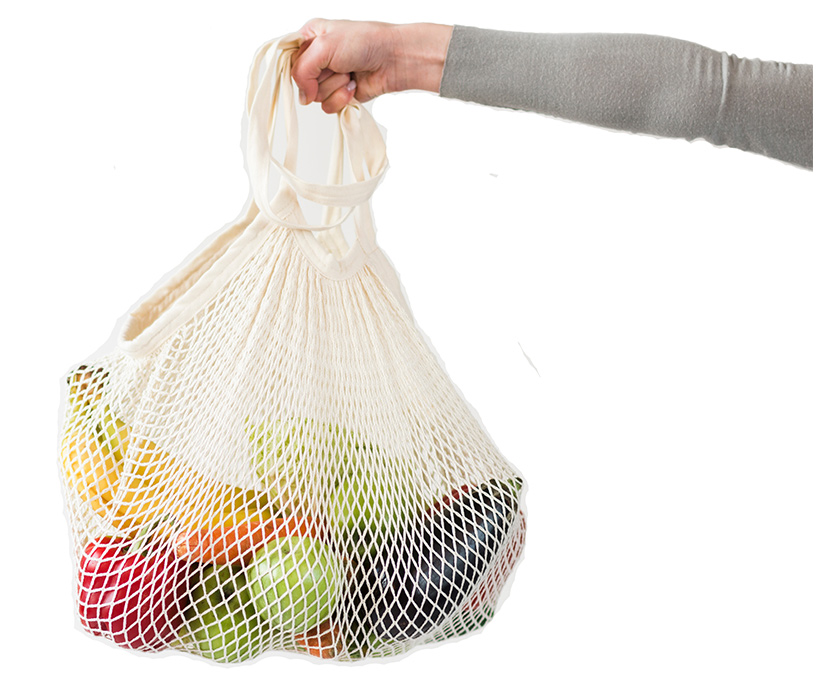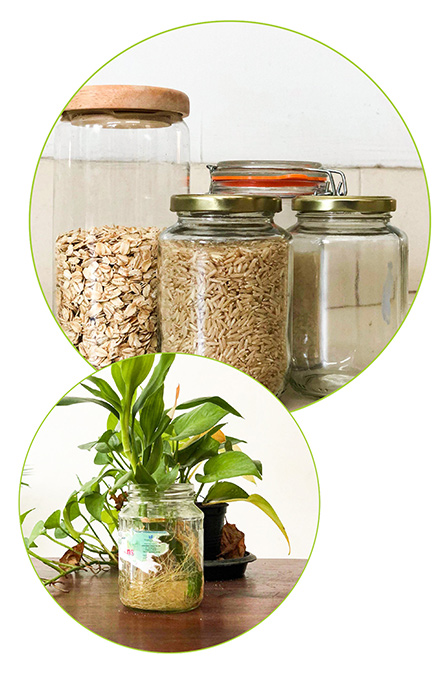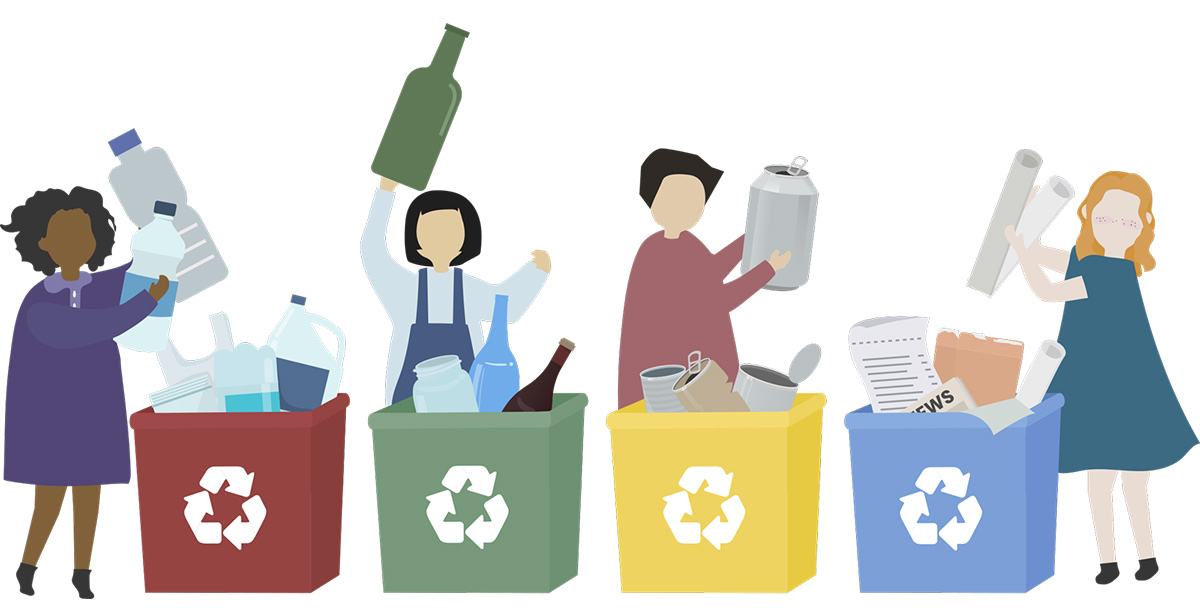“One word: Plastics…” Or so says a character to Dustin Hoffman in the film, The Graduate. The 4R concepts have been introduced widely to fight global warming and climate change, and to keep communities clean - but what are they and how can they help the planet?

Plastics have become a part of Cambodians’ life, wherever they look. Whether this be at the market, opening packaged food or buying a bottle of water. However, the majority of Cambodians are not aware of the effects the use of plastic can have in their communities.
In Phnom Penh alone, around 10 million plastic bags are used on a daily basis, according to UNDP Cambodia. Although some small businesses have run campaigns to minimize the use of plastic, utilizing bamboo or metal straws, biodegradable bags and encouraging people to bring their own tumblers, plastic remains an unsolvable issue within the Kingdom.
Businesses around the globe prefer plastic bags because of their low cost, convenience and wide availability. From food vendors to clothing retailers in Cambodia, the majority of the items are provided in a wrapped plastic bag. In Italy, you take your espresso in a small china cup, in Cambodia you take it wrapped in plastic…
Facts about plastics
According to UNDP Cambodia:
- The world currently produces 440 million tonnes of plastic annually
- One million plastic drinking bottles are purchased every minute globally
- Only 9% of plastics are recycled properly, leaving 91% to end up in landfills polluting our communities and our oceans
- Plastic items can take hundreds of years to decompose
- If we burn plastics, it causes air pollution. If we throw them in water, it causes water pollution killing fish. If we bury them, it causes land pollution affecting the soil…
What to do as an informed citizen of Cambodia to combat plastics?
Each Cambodian can implement the simple 4R concepts, which include:
1.Refuse
Meaning: You can turn down plastic bags or items while grocery shopping or purchasing food and drinks.
Actions:
- If market vendors pack groceries in plastic bags, please refuse it as you can carry tote bags or baskets instead.
- Refuse over-packaged items, such as saying no to the plastic bag that comes with your coffee.
- Refuse plastic bags or cutlery when you take-away food, if it is not necessary.

2. Reduce
Meaning: You can reduce your consumption and avoid overbuying items that you do not need. Reducing is also a great method to save some money.
Actions:
- Try the three day rule in order to avoid impulsive buy. If you want to purchase an item you wait three days. If you are still thinking about it after that period, then you can buy it.
- Avoid purchasing items in a large bulk as they will get expired before you use them – only buy what you need.
- Turn off the lights, fans or air conditioners and unplug electronic devices when they are not in use.

3. Reuse
Meaning: Taking old items that you considered throwing away and finding a new use for them.
Actions:
- Jars from grocery store foods or coffee cups can be used to store leftovers or other items in the house, maybe even as a vase for flowers!
- Use old clothing as cleaning rags/donate clothes to those in need.
- Donate broken electronic devices to electronic stores, they may be able to salvage them, recycle them or reuse them as separate spare parts.

4. Recycle
Meaning: Disposing of those items that can be reused again – or broken down to be reused again – in the proper manner, so they don’t go into landfill.
Actions:
- Separate your trash based on its characteristics – such as paper, plastic, battery, organic – and make sure the recyclable ones go into the prober bin!
- Support recycled items or goods where possible, purchasing those goods that have been recycled.

Benefits of practising 4R concepts
- You can save money
- Create green communities and a healthy atmosphere
- Protect the environment
- Be part of a huge, worldwide change and movement



